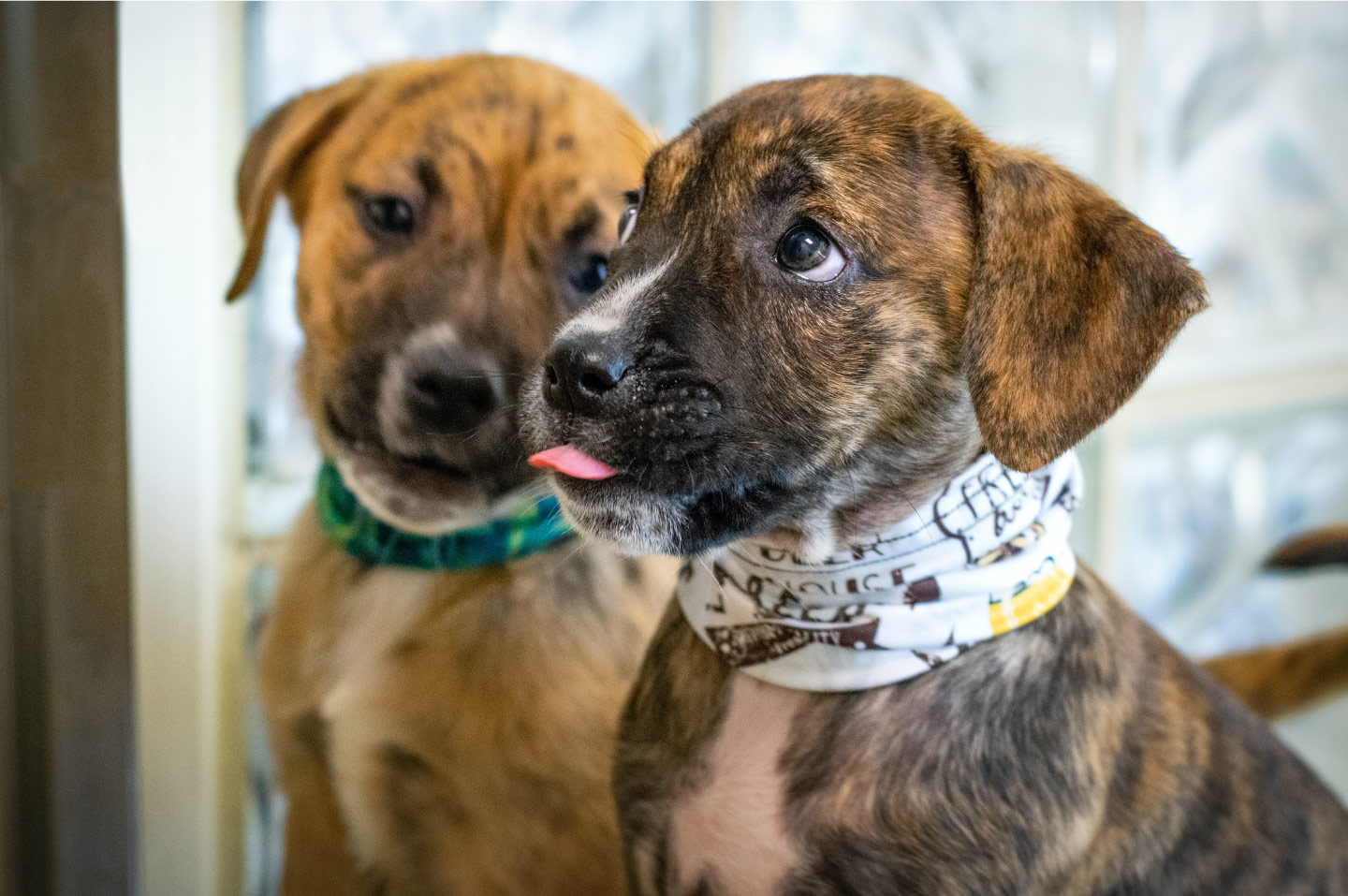Recent Articles
Preparing for the Puppy Parents
by Susanna Hamilton, Egg Senior Strategist
It’s hard to scroll through your social media feed without seeing evidence of the COVID pup surge. And while it’s tempting to dismiss these posts as yet another Instagram mirage – this pet craze is the real deal.
The ASPCA saw a 500% increase in pet adoption inquiries from New York and California between March and April of this year. The rush continued through the summer – shelters are still reporting low inventory and breeders waitlists stretch into 2022.
At Egg, we’re always looking to understand the behaviors and rituals that drive product adoption. The recent surge in pet ownership promises to be a fascinating case study as a cohort of consumers builds habits in the COVID context, prompting us to consider – How will this Puppy Parent generation shape the future of pet care? And what are the implications for businesses both within and beyond the pet care space?
Trends in Pet Parenting
Over the past decade, we’ve witnessed the rise of two related trends in the space – pet humanization and pet premiumization. More and more, people consider their animals to be members of their household. They’re looking for ways to show their love and affection in human terms, which we see in pet birthday parties, pet couture and products like “puppy scoops maple bacon ice cream.” Alongside this, a growing segment of the population is willing to pay a premium to make sure their pups have the very best: Prior to COVID, total spending on pet care in the US had doubled over the past ten years.
We expect these trends to continue with this wave of pet adoptions. While it’s unclear whether the trend of premiumization will persist through an economic downturn, the pet care industry has historically been recession-proof. And with endless hours at home to bond with their new pups, this cohort of pet owners is set up to treat their dogs as extensions of their family, if not the central member.
We’re also seeing huge upticks in purchasing pet products online. COVID is accelerating the shift from brick and mortar to ecommerce pet supply purchases. For example, online-only pet retailer Chewy reported a 36% increase for Q1 2020 compared to 2019. Pet telehealth is also seeing a surge in demand. Airvet, which provides on-demand virtual pet care, saw a 40% rise in daily downloads for virtual vet apps in March and pet helpline whiskerDocs has seen its business double.
Impact on Industries Outside of Pet Care
We’re seeing these pet ownership trends affect consumer desires and expectations in a number of industries outside the pet care space as well.
Take travel and hospitality. New pet parents are already increasing the demand for pet-friendly travel offerings and transportation solutions. As this industry recovers from the blow of COVID, it will also need to consider how to best serve this cohort who can’t fathom traveling without their pet. How might restaurants give diners greater flexibility with pet-friendly service options? How might hotels win the loyalty of pet owners by treating animals as first-class guests? How might rental car companies and ride-share services make it easier to road trip with a furry friend riding shot gun? For inspiration, consider Tesla’s 2019 launch of a “Dog Mode” feature that keeps pets in a climate-controlled state.
Then there’s the effect on workplaces. As thought leaders pontificate on the future of the work-from-home movement, one thing is clear: Companies asking employees to return to physical workspaces will need to contend with pet-owners who’ve grown accustomed to building decks with a pup on their lap, many of whom have never known a different pet parenthood reality. How might employers extend their employee benefits to better support pet parents? How might workplace designers include pet-friendly spaces in their plans for a post-COVID office? One example of a workplace serving its pet parents is insurance company Zebra, which extended its parental benefits with an annual pet adoption stipend for employees.
And even financial services companies should prepare to support consumers who will be faced with the financial responsibility of caring for a new pet. How might they help consumers cope with unexpected pet care costs? How might they offer products that solve pain points around pet care payments?
Insurance upstart Lemonade is already taking advantage of the growing pet care industry; they’ve expanded beyond home and rental insurance to include pet insurance this summer.
What’s next for Pet Parents and the brands that serve them?
COVID pet ownership is accelerating the pace of nascent trends in the pet space, including those that impact industries you wouldn’t immediately suspect. And, because the early days of a transitional period are crucial moments for establishing habits, the behaviors these pet parents are learning today have a good chance of lasting for the long haul.
The challenge for brands more broadly, and a big part of our work here at Egg, is to seek opportunity in unexpected places. So the next time you notice your social media feed filling up with puppies or hear your friend talking about Fortnite concerts or find yourself considering buying a flight to nowhere — or what have you! — ask yourself: What could this new [trend, behavior, challenge] mean for our customers, and how can it inspire innovation for our brand?
